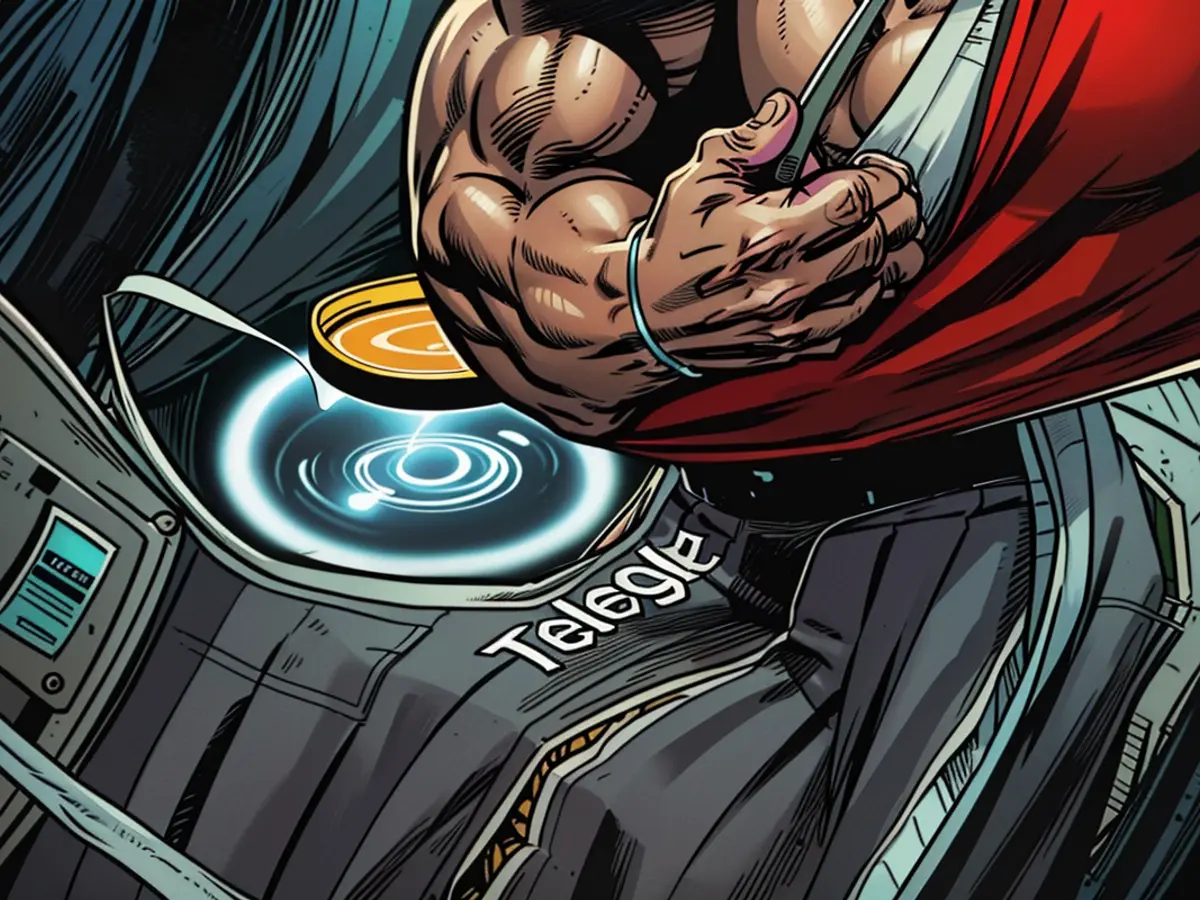- Le nouveau contrat numérique demeure encore peu précis
Le débat en cours entre le gouvernement fédéral et les États concernant le financement de l'avancement de la numérisation dans les écoles reste un sujet brûlant. "Malheureusement, le dernier projet de budget fédéral ne fournit aucune indication sur ce que comportera l'accord numérique suivant", a commenté Christine Streichert-Clivot, présidente de la Conférence permanente des ministres de l'Éducation (KMK) et ministre de l'Éducation en Sarre, lors d'une réunion à Sarrebruck mercredi. Les États commencent à s'impatienter. Une séance spéciale de la KMK est prévue le 2 septembre pour discuter également de la négociation d'un nouvel Accord numérique avec le gouvernement fédéral.
Les États réclament depuis plusieurs mois que le gouvernement fédéral apporte de la clarté sur le financement du vaste programme de financement prévu pour la numérisation des écoles. Selon la KMK, le gouvernement fédéral devrait contribuer au moins 1,3 milliard d'euros par an à partir de 2025 pour soutenir et améliorer l'infrastructure numérique.
Dans l'accord numérique original, qui a expiré en mai, le gouvernement fédéral couvrait 90 % des coûts liés à la numérisation dans les écoles, tels que les ordinateurs portables et les tableaux numériques. Les 10 % restants incombaient aux États et aux municipalités. Le gouvernement fédéral vise désormais un financement à 50/50, ce que Streichert-Clivot considère comme une trop grande charge pour les États.
"We are eager to see a definite resolution by the new year, specifically by January 2025, to initiate this process," said Streichert-Clivot. "I believe that the federal government cannot afford to back out of this program." Digitalization signifies "the entire everyday reality for all individuals" and must be sustainable in the states.
Nevertheless, no final decision has been made yet. Previous discussions and exchanges with Federal Minister Bettina Stark-Watzinger (FDP) have not resulted in the states being able to give the green light concerning the financial situation of Digital Agreement 2.0, Streichert-Clivot stated.
The uncertainty surrounding the funding situation is causing delays in crucial decisions in the states. "I am convinced that there is no more sustainable program capable of reinforcing existing structures in the states," the minister added. The federal government provided 6.5 billion euros in funding for the first Digital Agreement from 2019.
The states are actually looking forward to a special session of the Conference of Ministers of Education in September, to discuss and negotiate the new Digital Agreement with the federal government. Streichert-Clivot, the KMK president, mentioned that a clear and definitive resolution by January 2025 is needed to initiate the digitalization process.







